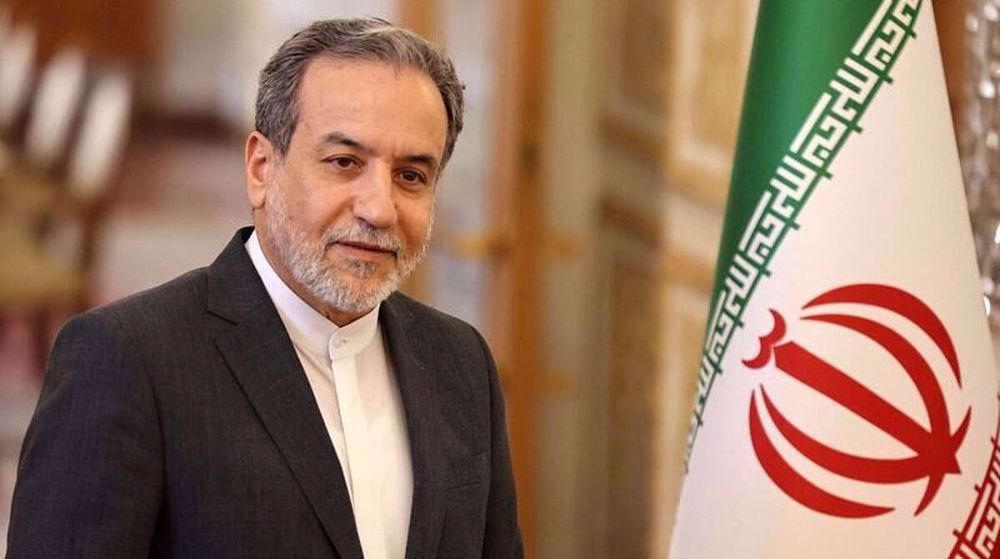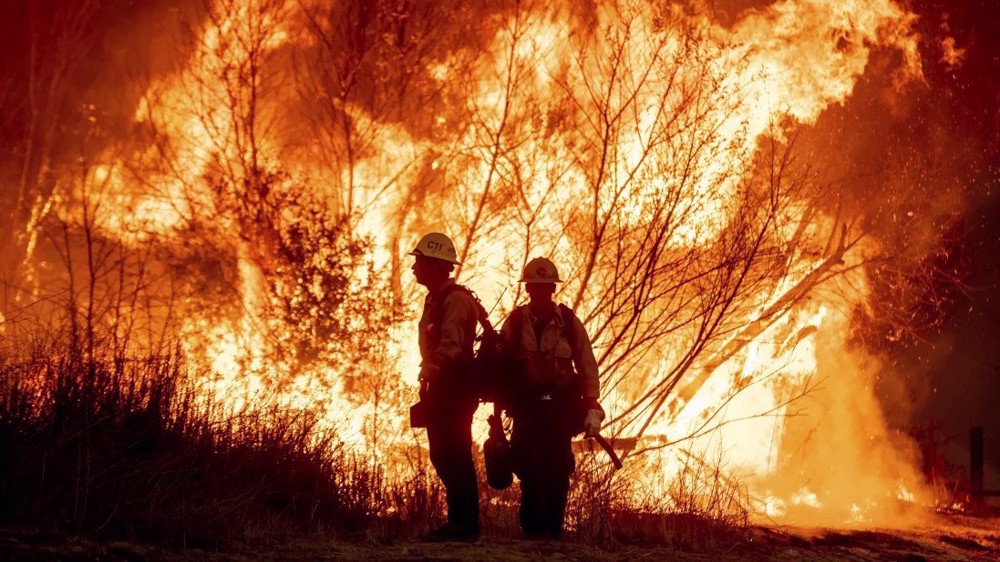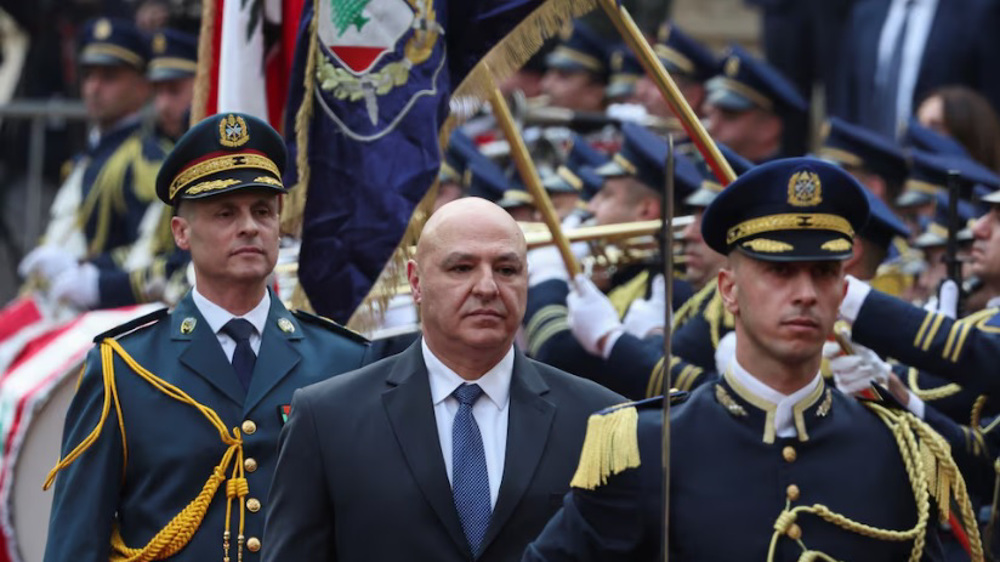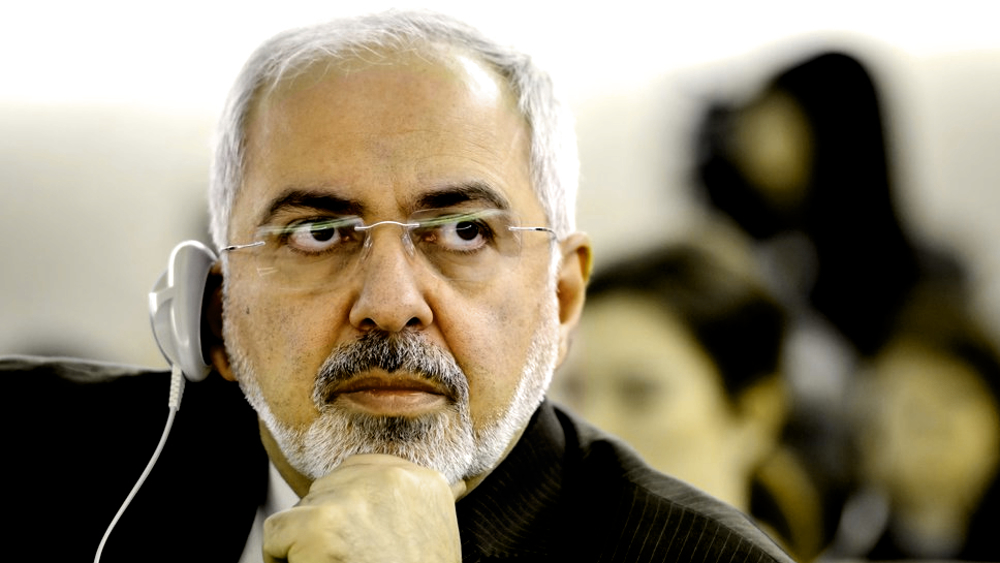In rebuke to E3, Iran FM challenges trio to lay out fulfilled JCPOA duties
Iranian Foreign Minister Mohammad Javad Zarif has challenged the commitment of the three European parties to the nuclear deal of 2015 signed between Tehran and major world powers after the trio claimed that Iran risks losing the opportunity to fully realize the agreement by starting to produce uranium metal.
In a statement on Friday, Britain, France and Germany, also referred to as the E3, said, “In escalating its non-compliance, Iran is undermining the opportunity for renewed diplomacy to fully realize the objectives of the JCPOA.”
The statement was referring to the Joint Comprehensive Plan of Action.
“We strongly urge Iran to halt these activities without delay and not to take any new non-compliant steps on its nuclear program,” it added.
In a post on his Twitter account on Friday, Zarif dismissed the statement.
The Iranian foreign minister said whatever Tehran had carried out after Washington's unilateral withdrawal from the JCPOA were in line with Paragraph 36 of the deal, which provides a mechanism to resolve disputes when parties believe other signatories are not fulfilling their obligations.
He expressed doubt if the trio have “ever read Paragraph 36 of the JCPOA and Iran's many letters on that basis” and asked, “What have E3 done to fulfill their duties?”
Have our E3 partners ever read para 36 of JCPOA & Iran's many letters on that basis?
— Javad Zarif (@JZarif) February 12, 2021
By what logic is the onus on IRAN to stop its remedial measures undertaken a full year after the US withdrew from—and continues to violate—the JCPOA?
What have E3 done to fulfill their duties?
“By what logic is the onus on IRAN to stop its remedial measures undertaken a full year after the US withdrew from—and continues to violate—the JCPOA?” the top Iranian diplomat tweeted.
The E3 statement came after the International Atomic Energy Agency (IAEA) said on Wednesday that Iran has started producing uranium metal.
The Vienna-based UN agency said in a statement seen by AFP that on February 8 it “verified 3.6 grammes of uranium metal at Iran’s Fuel Plate Fabrication Plant in Esfahan.”
IAEA Director General Rafael Grossi informed member states of Iran’s new move, the statement added.
Under his signature ‘maximum pressure’ policy against Iran, former US President Donald Trump walked out of the JCPOA in May 2018. He restored those economic sanctions the agreement had removed. The US also began threatening third countries with “secondary sanctions” if they violated the American bans.
The deal has been endorsed as United Nations Security Council Resolution 2231.
Joe Biden, the current president of the United States, censured Trump’s withdrawal from the JCPOA during his 2020 campaign. He promised to rejoin the accord, which was signed when Biden was vice president.
Biden has failed to take corrective measures since he assumed office on January 20.
Iran says a potential return of the United States could only be meaningful if Washington removed all of the sanctions.
President Hassan Rouhani of Iran said on February 9 that no party should expect Iran to take the first step towards reviving the nuclear deal.
“The country which has abandoned its obligations for three years and oppressed our nation in violation of international regulations and its commitments under Resolution 2231 is duty-bound to take the first step,” the president stated.
Read more:

Iran backs stable, independent Lebanon free from foreign occupation: Araghchi

California's fires reminiscent of Israeli savagery in Gaza: Zarif

Pezeshkian felicitates Aoun on election as Lebanon’s president
VIDEO | Press TV's news headlines
VIDEO | Israel bans UNRWA amidst war on Gaza
Gaza's Nasser Hospital on verge of closure as Israel blocks fuel deliveries: UK charity
Venezuela’s Maduro sworn in for third term, pledges to form 'new democracy'
Iran backs stable, independent Lebanon free from foreign occupation: Araghchi
Yemen defies a year of US-UK-Zionist aggression in solidarity with Palestinians
Yemen strikes US aircraft carrier in Red Sea as Israel hits Yemeni targets
Los Angeles under siege: Looters, thieves targeting evacuation zones in fire-wracked city








 This makes it easy to access the Press TV website
This makes it easy to access the Press TV website